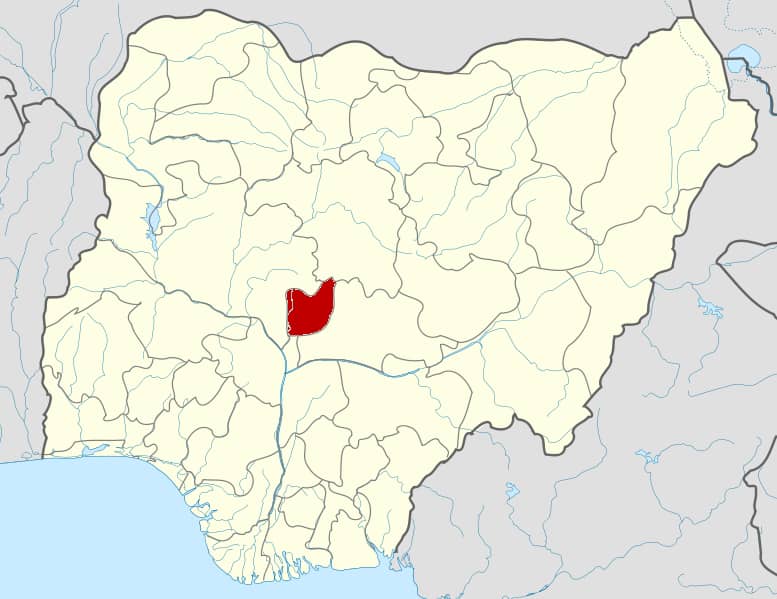Despite the lockdown of Abuja for more than three weeks by President Muhammadu Buhari to contain the deadly COVID-19, the FCT has continued to witness an increase in the number of persons infected by the virus.
A source in the FCT Administration who decried the spate at which the virus was spreading in Abuja hinted that about 90 per cent of the new cases in Abuja were from slums, rural settlements and villages around the city centre.
The source, who preferred to speak on the condition of anonymity, said community testing had commenced with special focus on settlements and rural communities around the city centre.
The source said the FCT Administration was worried that, if the spread in these aforementioned areas was not contained, it could spell doom for city dwellers in highbrow districts like Asokoro, Maitama, Wuse, Apo Legislative Quarters, among others.
“People who reside in places like Asokoro, Maitama, Apo Legislative Quarters and Jabi usually have domestic staff like drivers and nannies that reside in these rural communities or slums. Some of the rich and elite who travelled abroad recently and returned to Nigeria tested positive and while their children and family members were tested, their domestic staff who reside in these city slums were ignored.
“It is believed that these domestic staff may have taken the virus to their settlements. That’s why we have a growing number of residents testing positive. The bad thing about this development is that these domestic staff who may have been exposed while working for their bosses have boarded cabs and have been to markets and other places where they may have unknowingly infected others.
“Tracing these people has been difficult for us. We are yet to even take this mass tests to other satellite towns. With the kind of results we are getting, we may have to stay longer in this city slums and conduct more tests,” the source said.
Prior to the lockdown, Abuja had less than 20 cases of COVID-19, but as at 11.30pm on Tuesday, April 21, there were 118 confirmed cases, according to the Nigeria Centre for Disease Control (NCDC), which also revealed that 35 patients have been discharged, while three have died.
Meanwhile, there are fears that the lack of cooperation among the different organs of the FCT Administration handling the pandemic, may further escalate the spread of COVID-19.
It was learnt that the failure to share information by the agencies was hampering efforts to contain the spread of the virus. It was learnt that the FCT Minister, Muhammad Bello, had to write a memo to a top director in the Health Secretariat to make information available on the districts affected by the pandemic.
He said the parallel allowances paid to staff in the FCT Administration handling the pandemic was another cause of friction and setback as doctors and nurses got higher remunerations than workers who handled enforcement and media management.
“This disparity is responsible for the lack of zeal on the part of enforcement officers and other essential workers who are unwilling to give in their best, three weeks after the lockdown order was imposed. Unlike other states, the FCT Administration in the last two weeks has not addressed the press to tell residents of their latest actions in curtailing the spread,” said a source who would not want to be named.
It was earlier reported that the growing anxiety in Abuja over fears that the pandemic may spread to communities, villages and settlements in Abuja, where social distancing is seldom observed.
Meanwhile, the FCTA has placed a curse on any official diverting palliative materials.
The administration also warned the officials handling the distribution of the palliative items to the vulnerable groups across its six area councils or risk severe sanctions.
FCT Minister of State, Dr. Ramatu Aliyu, placed the curse and issued the warning during the inspection of palliative items for Kwali Area Council on Wednesday in Abuja.
Aliyu implored those in charge of the palliatives not to divert the items designed for the rural poor and urged stakeholders to be transparent in the discharge of their responsibilities. The minister explained that the palliative programme was community-based.
“Irrespective of tribe or religion, everyone that is representing his or her own group here must know that you are the eyes of your group.
Source: The Sun newspaper




